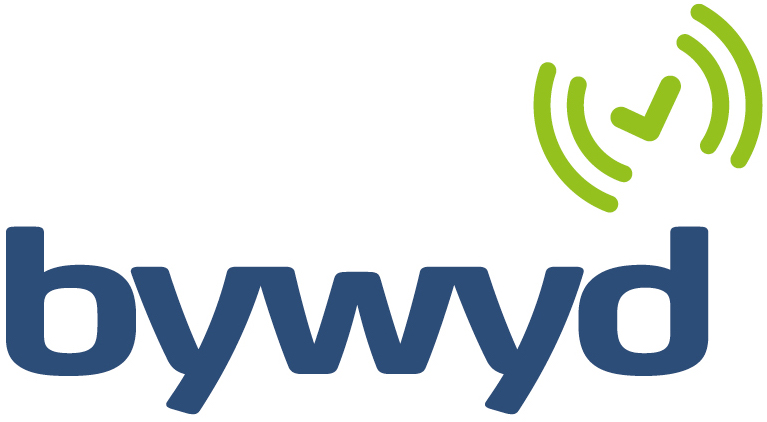What You Get For Schools
Why testing?
Learning needs feedback.
Learners need feedback on their learning progress, their strengths and weaknesses, on faulty knowledge concepts.
Online tests also offer automated feedback so that students can check their knowledge on their own. They can also view your individual feedback in peace and quiet – without the confrontation with their own knowledge gaps in a face-to-face conversation or in front of the group.
Teachers need feedback about learners’ (prior) knowledge, about what they understand and how they do it, in order to initiate ‘successful’ learning processes. (Online) tests help to collect this prior knowledge (faster and easier).
Once we have acquired knowledge, we are very reluctant to correct it. Even if it is faulty. The longer we ‘own’ knowledge, the more stubbornly it is retained – and unconsciously. This also affects the acquisition of new knowledge, because the understanding of more complex contexts is then often lacking. The earlier in the learning process faulty knowledge can be recognised and corrected, the better. This requires the identification of knowledge gaps and feedback.
Translated with www.DeepL.com/Translator (free version)
Oral exams or feedback interviews are valuable instruments, but they have their weak points. The halo effect, for example, causes people to unconsciously infer the competence of examinees from external features such as dress style, appearance or handwriting, resulting in biased assessments. Typed answers and standardised question types reach a higher degree of objectivity in the assessment of performance – and thus more fairness.
Moreover, there is usually not enough time for personal feedback discussions with a large number of learners. Written examinations, when used appropriately, are an effective method of providing important feedback to learners, even in large groups, and can be conducted online in a more didactically valuable and efficient manner.

